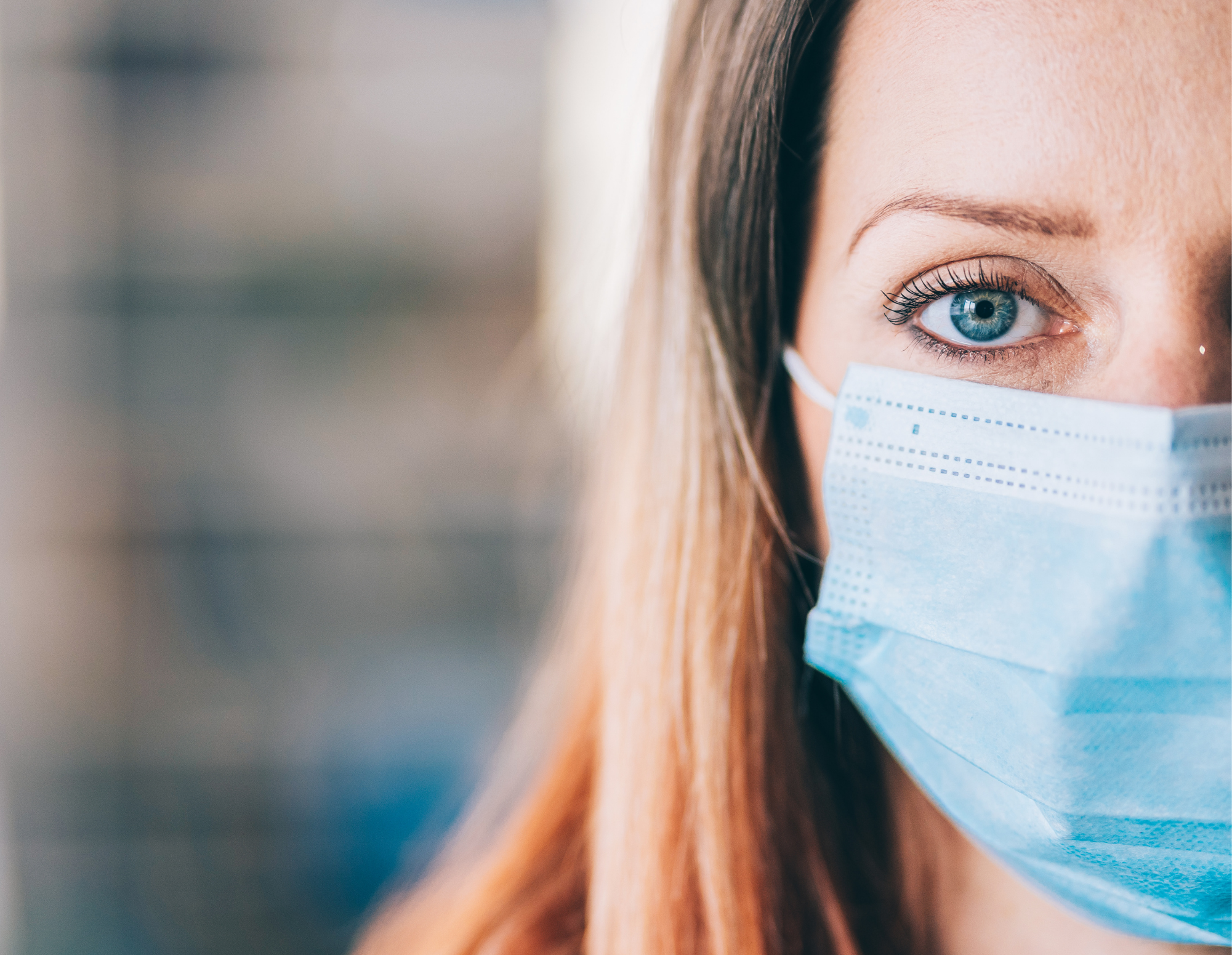The Centers for Disease Control and Prevention (CDC) defines long COVID as health problems lasting four or more weeks after first getting infected with the novel coronavirus, impacting as many as one out of every four patients who are diagnosed with COVID-19. The aftermath of symptoms for self-described “long haulers” is unfortunately all too real: one patient shared that even after a full 12 months since he “recovered” from his COVID-19 infection, he is still dealing with symptoms like trouble breathing, coughing, shortness of breath and having to rely on an oxygen tank because of severely damaged lungs. Other symptoms patients may experience include memory or concentration issues, depression or anxiety and even dizziness or joint pain. While these symptoms are concerning, there are preventative health interventions that can significantly boost protection against COVID-19 and long COVID: receiving the COVID-19 vaccine and taking precautions like wearing masks, social distancing and avoiding crowds.

